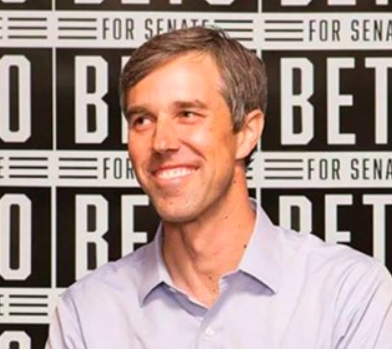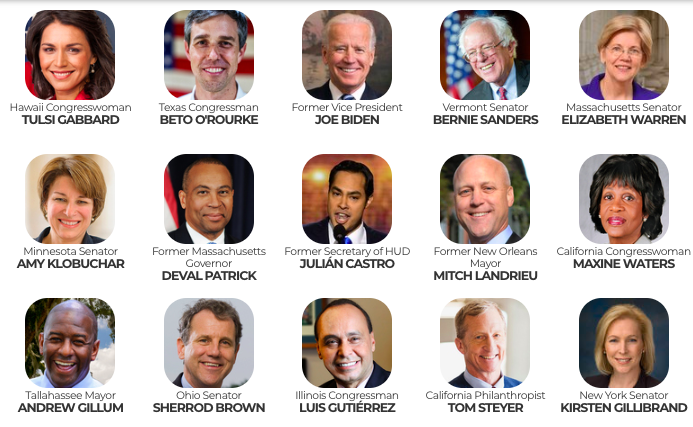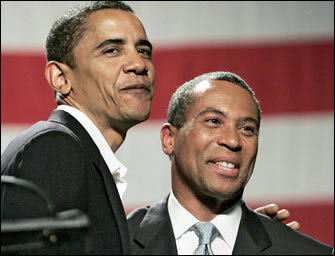Dem Liot Hill’s Lavish Spending on Meals, Salons Raises Questions About Campaign Cash

Karen Liot Hill may serve as the treasurer of Grafton County, but her use of campaign dollars for personal expenses in her Executive Council race is raising eyebrows.
According to her campaign disclosures, the Lebanon Democrat has spent thousands in campaign cash on meals, clothes, and visits to salons. Her campaign expenditures include a $190 ferry ride to the Hamptons and $181 to register her car.
Liot Hill also reports spending $7,004 on gas for her car, $755 for car maintenance, and another $8,330 on meals.
Gubernatorial candidate Joyce Craig (D-Manchester) ran a bruising statewide primary campaign against Executive Councilor Cinde Warmington (D-District 2) and reports spending just $849 for meals.
“I’ve run a very grassroots campaign,” Liot Hill said.
The detailed reports on Liot Hill’s spending also include unexplained checks totaling $1,350 that appear to correspond to two court cases against her: a violation for driving with a suspended license and another involving a debt collection.
Liot Hill serves on the Lebanon City Council and is the elected Grafton County Treasurer. She’s also a former restaurant owner whose business went under during the COVID pandemic. That hardship is behind the financial difficulties she had earlier this year.
On Dec. 12, 2023, a car financing company filed a motion for contempt against Liot Hill in Lebanon District Court for her failure to comply with a previous payment order. At the time, Liot Hill had not made a payment since June 2023 and had an outstanding balance of $1,061, according to court records. The case was resolved this February after Liot Hill paid $945.
In January of this year, Liot Hill was again in trouble, but this time in a traffic case. She was charged in June 2023 for driving with a suspended license. The case was resolved with Liot Hill pleading no contest and agreeing to pay $620 in fines and court costs. However, court records show that Liot Hill’s first check to cover the fine bounced on Jan. 8.
Contacted Thursday, Liot Hill denied she used campaign funds to cover payments related to her court cases. However, she did not immediately recall why or to whom she paid $600 on Dec. 26, or $750 on Jan. 12. The campaign reports do not give any information about the recipient or purpose of those payments, unlike the thousands of other expense entries.
“They might be reimbursements to me,” Liot Hill said.
Liot Hill called back a short time later after checking her bank accounts to say the two checks were for reimbursements for different subscription services related to the campaign.
Liot Hill told NHJournal she planned to amend her campaign reports to reflect the correct details on the two checks. But those checks represent a fraction of the $113,000 she has spent on the campaign. Liot Hill won her primary against Mike Liberty despite Liberty’s more than $400,000 campaign. Liot Hill did not run television ads or digital ads to keep up with Liberty’s spending. Instead, she put 40,000 miles on her car to meet voters.
“I’ve driven 1,000 miles a week, that’s how I won despite being outspent four to one. A lot of expenses are related to meeting the people and being out on the road,” she said.
Having the campaign reimburse her for gas ultimately saved money, Liot Hill said. She could have taken a mileage reimbursement at 75 cents per mile, but that would have driven the cost up to about $30,000 instead of $7,000.
Executive Council District 2 is a large area, going from the Monadnock region and Keene, to north of the Upper Valley, and then out to Concord. But it does not cover as large of an area as District 1, where Democrat Emmett Soldati has spent about $31,000 of the $106,000 he raised. Those expenditures include $1,500 for gas and $677 for meals. But Soldati has not run a competitive primary like Liot Hill.
Liot Hill’s unusual campaign spending doesn’t end with dinner and a drive.
Also included is a $250 payment to a Vermont heating oil company. That payment was made in July to a company that performs $250 annual furnace tuneups. Liot Hill denied she used campaign money to service her heating system, but did not have an immediate explanation for the charge.
Liot Hill also spent $711 on hair and nails, $1,600 on clothes, $330 on books, and $1,230 at grocery stores on “food and flowers.” Additionally, Liot Hill spent $736 on airfare, $453 on hotels, and $1,017 on transportation. Many of those expenses are not out of the ordinary for campaigns, including the out-of-state travel she charged.
Asked about her out-of-state stays, including a trip to Orient Point on the Hamptons in New York, Liot Hill said there were fundraising ventures to her old home turf.
“I grew up on Long Island,” she said.
But a review of the donations reported by her campaign shows Liot Hill brought in a negligible amount of money from out-of-state donors. Her campaign reports nine donations from New York residents totaling $4,250. Her campaign has raised more than $122,000 as of the Sept. 19 report.
Vincent Liot, a retired Sag Harbor, N.Y. resident, accounts for four of those New York donations. Vincent Liot gave the campaign $3,550 in total, and Carolyn Liot from East Hampton, N.Y., gave another $300. The four New York donors not named Liot gave a total of $400.
On the other end of spectrum, Liot Hill’s opponent in the general election, Republican Kim Strathdee, is reporting zero money raised or spent. Candidates are not required to report any spending if the total is under $1,000.
State Rep. Ross Berry (R-Manchester), who has pushed for campaign finance reforms in the past, said the current law gives candidates a wide berth when it comes to how they spend money. Spending campaign money on personal expenses is prohibited, but defining what’s personal and what’s not gets tricky with New Hampshire’s citizen legislature and Executive Council.
“That can open a Pandora’s Box and we don’t want to curtail someone’s First Amendment rights,” Berry said.
The law, instead, leaves it to voters and donors to oversee the candidates, he said. Candidates must be transparent in how they spend money, and who they get that money from.
“The point of campaign finance reporting is so the public can suss out if there’s an appearance of impropriety,” he said.
Former House Speaker Donna Sytek, who is a current member of the House Legislative Ethics Committee, said candidates need to make sure they can show donors they are spending donations in an appropriate manner.
“You have to be able to tie it to the campaign,” Sytek said. “In a campaign, it’s best not to be on the receiving end of questions about possibly unusual expenses.”






